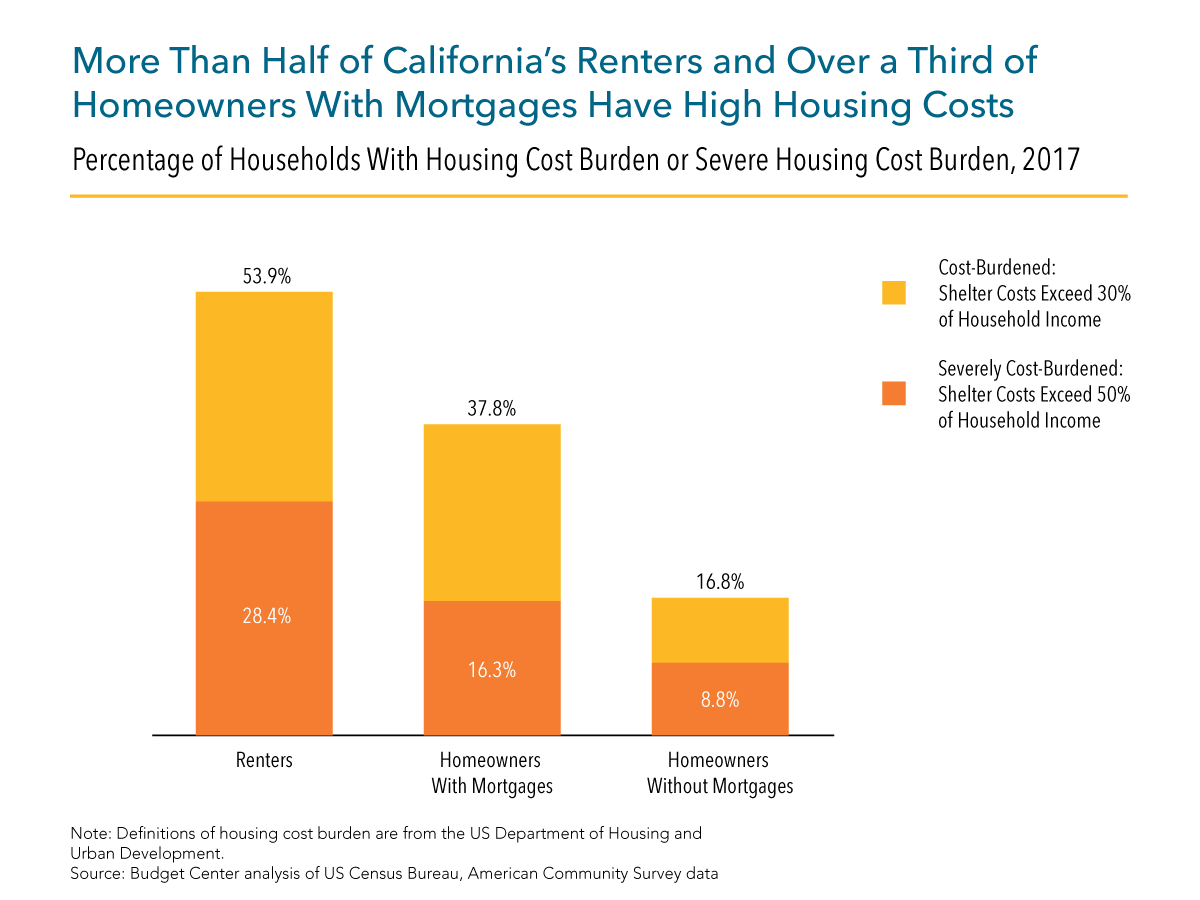Living off-grid in California can present numerous challenges due to the state’s high cost of living and housing. With a population of over 39 million residents, California is known for its expensive real estate market and limited affordable housing options. Additionally, the state faces a serious water shortage, impacting agriculture and posing a threat to farming. From its diverse job market to its natural disasters, California offers a unique environment for off-grid living. While off-grid living is legal in the state, navigating the regulations and codes related to water and building is essential for success. Fortunately, California encourages and supports the use of solar power, providing sustainability options for off-gridders. To navigate the complexities and harness the benefits of off-grid living in California, thorough research of local regulations and requirements is necessary.
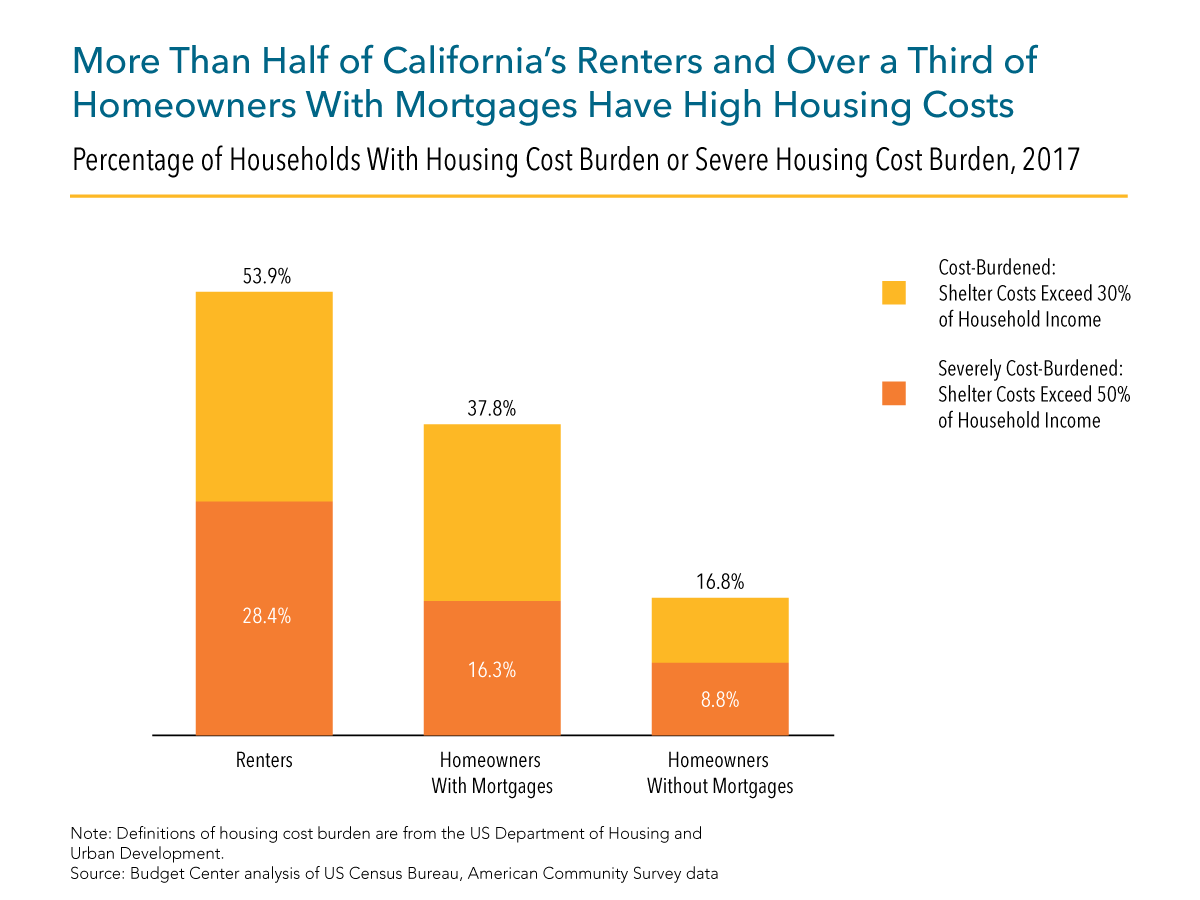
California’s High Cost of Living and Housing
California, located on the west coast of the country, is home to approximately 39.51 million residents. However, the state is also known for its high cost of living and housing, which can make off-grid living a challenge. The combination of factors such as population density, limited land availability, and high demand contribute to the high cost of living in California.
Water Shortage and Its Impact on Agriculture
One of the most significant challenges that California faces is a serious shortage of water. With limited water resources, the state’s agricultural industry and crops are heavily impacted. Farmers heavily rely on water for irrigation, and when there is a scarcity, it becomes difficult to maintain crops and sustain agricultural production. The water shortage poses a real threat to farming in California and highlights the importance of finding sustainable solutions to ensure the region’s food security.
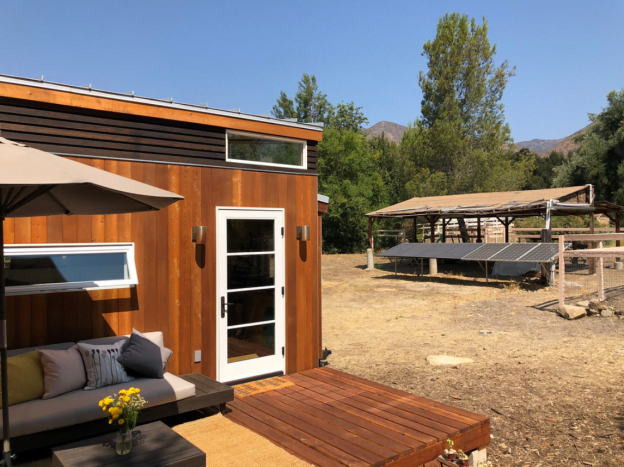
Varied Climates and Agricultural Significance
California boasts various climates, but the most common one is the Mediterranean climate. This climate is characterized by mild, wet winters and warm, dry summers. The state’s diverse climate patterns have positioned it as a leading producer of fruits and vegetables. The combination of fertile soil, favorable weather conditions, and advanced farming techniques contributes to California’s agricultural significance.
Diverse Wildlife and Population Density
California is not only known for its diverse landscapes but also for its rich wildlife. The state is home to a wide variety of animals, including snakes, skunks, bears, and numerous fish species. However, the population density in California can present challenges when it comes to accessing wildlife and natural habitats. Road access and traffic congestion can hinder the accessibility of these areas, impacting both locals and tourists who want to explore and appreciate the state’s wildlife.
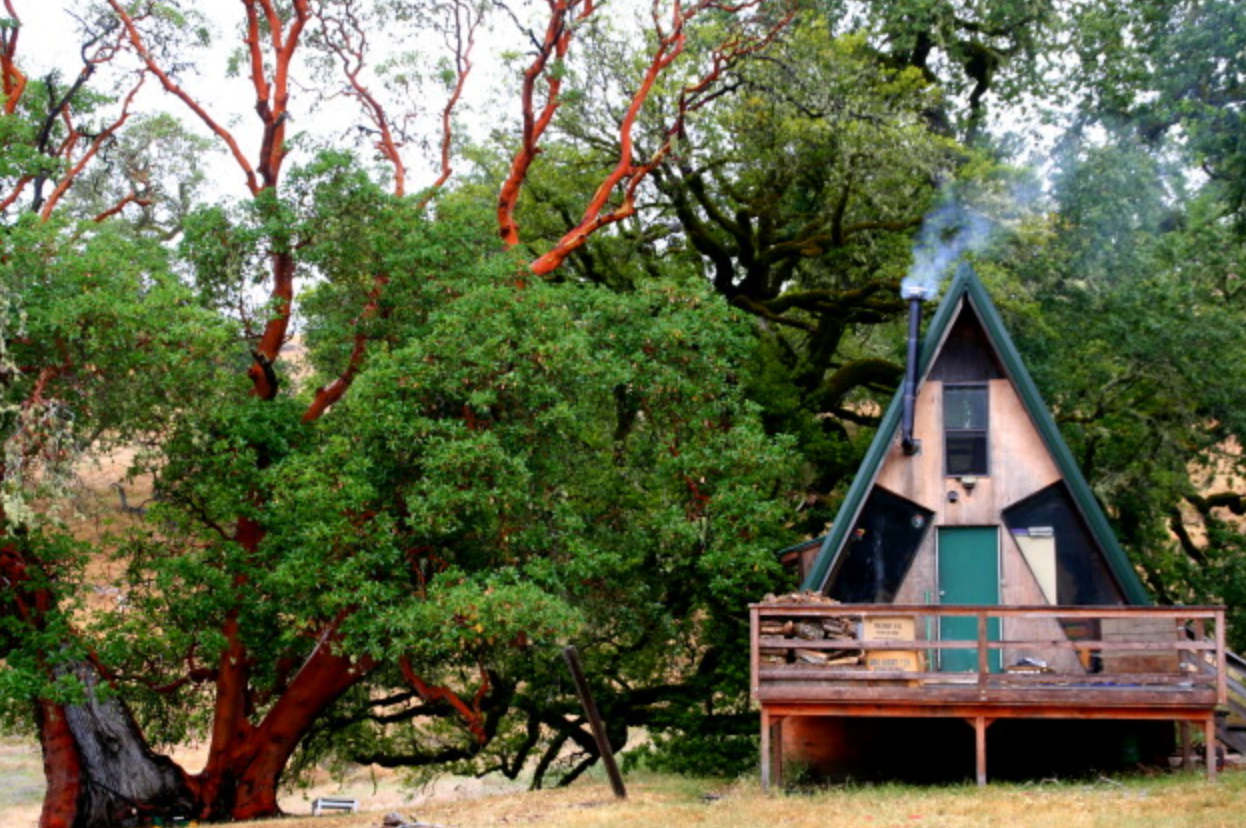
High Land Prices and Cost of Living
One of the primary factors contributing to California’s high cost of living is the exorbitant land prices. Land prices in the state are among the highest in the country, driven by the limited availability and high demand for property. This reality makes it particularly challenging for those interested in off-grid living, as the cost of acquiring land, developing infrastructure, and ensuring self-sustainability can be prohibitively expensive.
Diverse Job Market and Crime Rate
California boasts a diverse job market, offering opportunities in various industries. Some of the major industries in the state include agriculture, services, film production, manufacturing, and tourism. These industries attract a large workforce, contributing to the state’s sizeable population. However, the state’s high population density also influences the crime rate, which tends to be above the national average. Understanding and navigating the job market while considering safety factors is crucial for individuals interested in off-grid living in California.
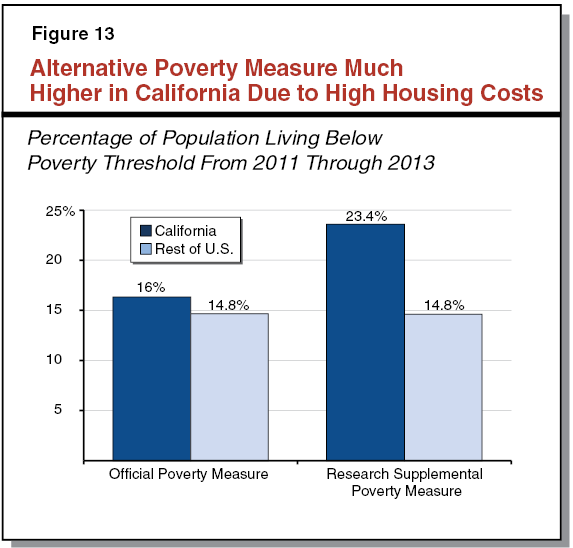
Natural Disasters in California
California is known for experiencing a range of natural disasters, including wildfires, earthquakes, floods, droughts, and tsunamis. The state’s geographical location and climate characteristics make it particularly susceptible to these events. These natural disasters pose significant challenges for off-grid living, as individuals must consider the potential risks and hazards associated with each disaster and develop appropriate plans to ensure their safety and sustainability.
Legality and Compliance for Off-Grid Living
While off-grid living is legal in California, it is important to comply with specific regulations and codes. The state has specific regulations regarding water and building codes that individuals must adhere to when constructing and maintaining off-grid homes. Complying with these regulations ensures the safety of residents and the sustainability of off-grid living practices.
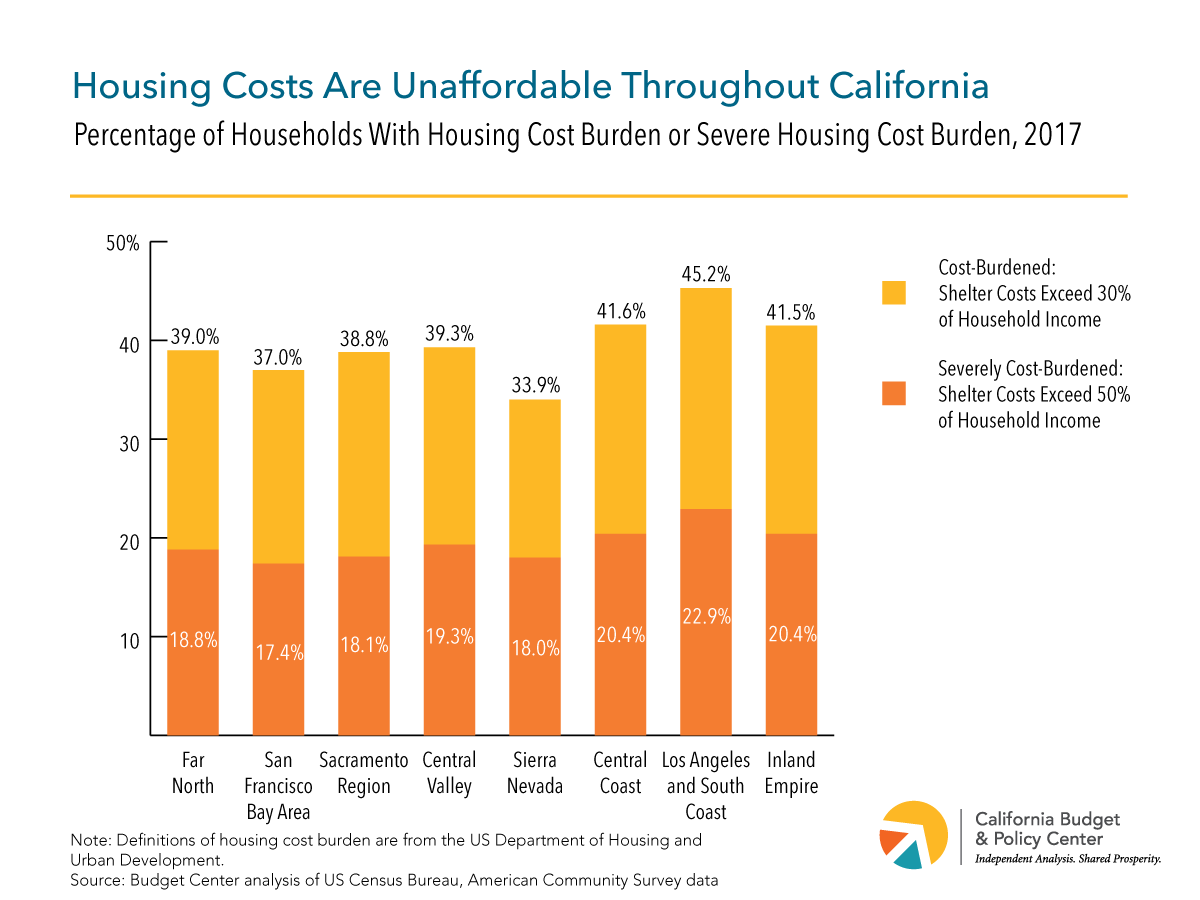
Encouragement of Solar Power for Off-Grid Living
California is known for its support and encouragement of solar power, making it an excellent option for off-grid living. The state offers various incentives and programs aimed at promoting the use of solar panels and renewable energy sources. Solar power has numerous advantages for off-grid living, including providing a reliable and sustainable source of electricity and reducing dependency on traditional power grids.
Thorough Research for Successful Off-Grid Living
To successfully pursue off-grid living in California, thorough research is essential. It is crucial to understand and comply with local regulations, codes, and restrictions related to off-grid living. Conducting research on available resources, technologies, and community networks can provide individuals with the necessary tools and knowledge to navigate the unique challenges and opportunities that California presents for off-grid living.
In conclusion, California’s high cost of living and housing, water shortage, diverse climates, wildlife, high land prices, crime rate, natural disasters, legality and compliance for off-grid living, encouragement of solar power, and the necessity for thorough research pose both challenges and opportunities for individuals interested in pursuing off-grid living in the state. Understanding these factors and planning accordingly can contribute to a successful and sustainable off-grid lifestyle in California.

